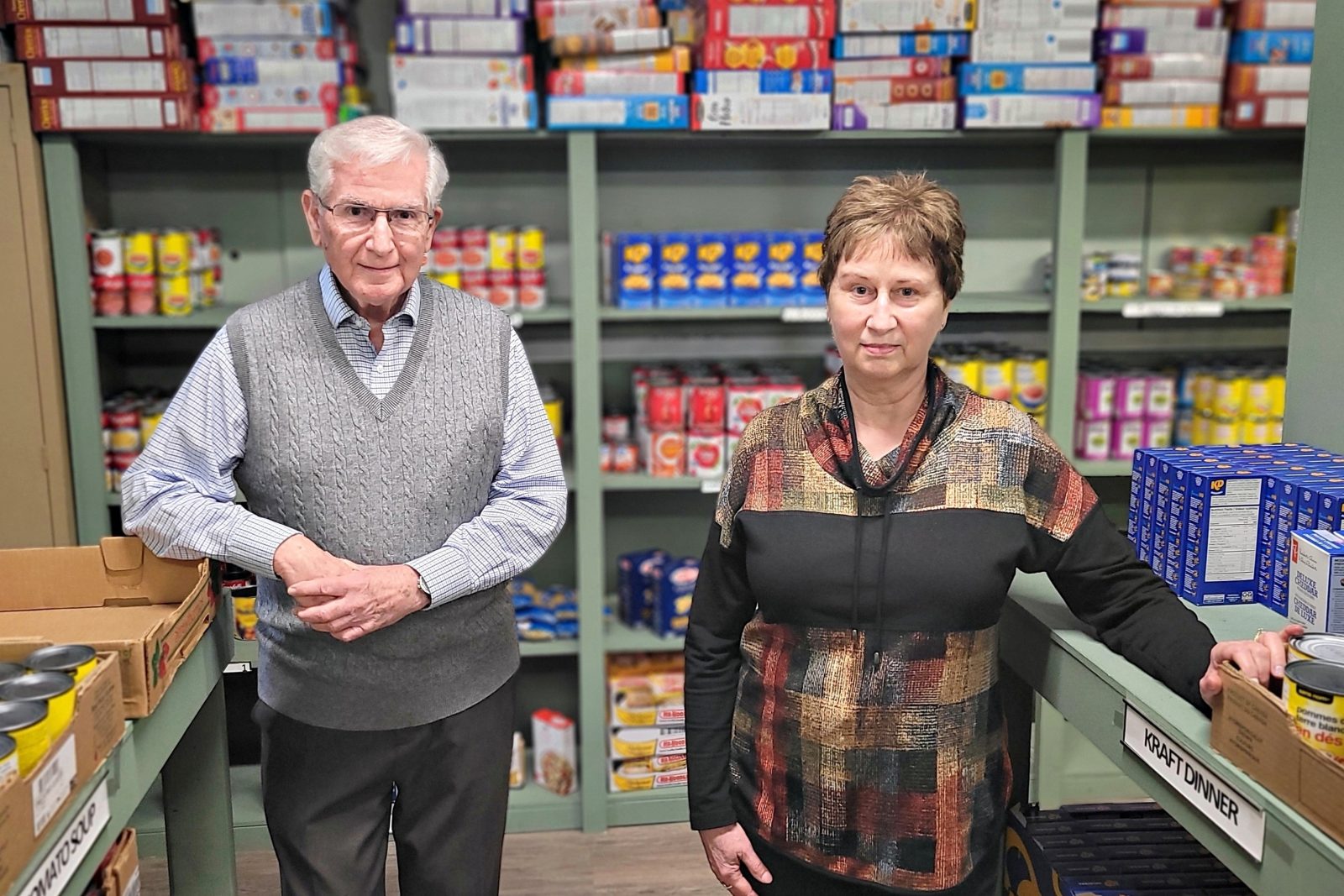Cornwall, Ontario – A recent survey conducted at the St. Vincent de Paul Food Bank in Cornwall, Ontario, has shed light on the alarming reality of food insecurity and the need for more government support in the region. Conducted by volunteer Sue MacDonald, the survey interviewed 118 food bank clients over several days in November 2023, revealing a stark picture of poverty and struggle.
Key findings from the survey indicate that many clients rely on government subsidies such as Ontario Works (OW) and Ontario Disability Support Program (ODSP). Yet, these benefits can fall short of covering basic living expenses. The survey revealed that the average rent for the cheapest accommodation is $743, while the shelter benefit for a single person on OW is only $733, leaving little to nothing for food and other necessities.
The survey also highlighted the challenges faced by couples on OW, who receive significantly less in benefits compared to two single individuals living together. This discrepancy has led to a situation where many couples choose not to identify as such for fear of losing their benefits.
Despite its small size, the St. Vincent de Paul Food Bank served 5,732 clients in 2023, underscoring the widespread issue of food insecurity in Cornwall. The survey’s findings align with the broader national crisis, as food banks across Canada are struggling to meet the increasing demand.
In response to these challenges, the report offers five key recommendations, including reinvesting in affordable housing, revisiting the removal of rent controls, preventing monopolies in the food industry, increasing OW and ODSP benefits, and allowing couples to live together without reducing their benefits.
“Municipalities have had to bear the brunt of social housing since the early 1980s. Both Federal and Provincial governments from every stripe have had a hand in the crisis we are seeing today. If we as Canadians really believe that ‘housing is a human right for all,’ it needs to be funded with dedicated annual funding instead of programs that are attached to waitlists,” said Sue MacDonald.
“At the very least, if couples were allowed to live together without deductions on their Ontario Works and Ontario Disability Support Program, they would have a bit more money to improve their living conditions. For example, a couple on OW would have an extra $330 dollars/month, and an ODSP couple would have an extra $656/month. That’s help with grocery money right there,” MacDonald added.
MPP Nolan Quinn, who is Parliamentary Assistant to the Minister of Children, Community and Social Services, responded to the concerns raised in the survey, stating, “Our government continues to invest in programs and services to make life more affordable for residents across Ontario so that nobody gets left behind. In September 2022, our government increased ODSP rates by 5 percent and by another 6.5% in July 2023, bringing the total increase to almost 12% since July 2022. Future increases for ODSP are now tied to inflation and will occur each July, helping recipients to keep pace with the rising costs of life’s essentials.”
The government has also made it possible for ODSP recipients to retain more of their income when working by increasing the earnings exemption by 400 percent. Furthermore, the government increased funding to the Student Nutrition Program and First Nations Student Nutrition Program by $6.1 million this year, bringing the total funding for these programs to over $38 million.
Despite this, the survey and its recommendations come at a critical time, as Canada grapples with rising housing costs and food insecurity. The National Housing Strategy Act of 2019, which recognizes housing as a human right, sets a precedent for addressing these issues. However, as the survey suggests, much more needs to be done to ensure that all Canadians have access to affordable housing and sufficient food.
In addition to the findings from St. Vincent de Paul Food Bank, other food banks in Cornwall have reported sharp increases in demand. The Agape Centre saw a 57% increase in community kitchen meals from January 1 to February 17, plus a 21% increase in the food bank, of which 25% are children. Centre 105 observed a 24% increase in its breakfast program from January 8 to February 23, with an increased use of services by families with children.
The report by Sue MacDonald serves as a grassroots account of the pressing issues faced by residents of Cornwall, Ontario, and calls for immediate action to alleviate food insecurity and improve the living conditions of those in need.




